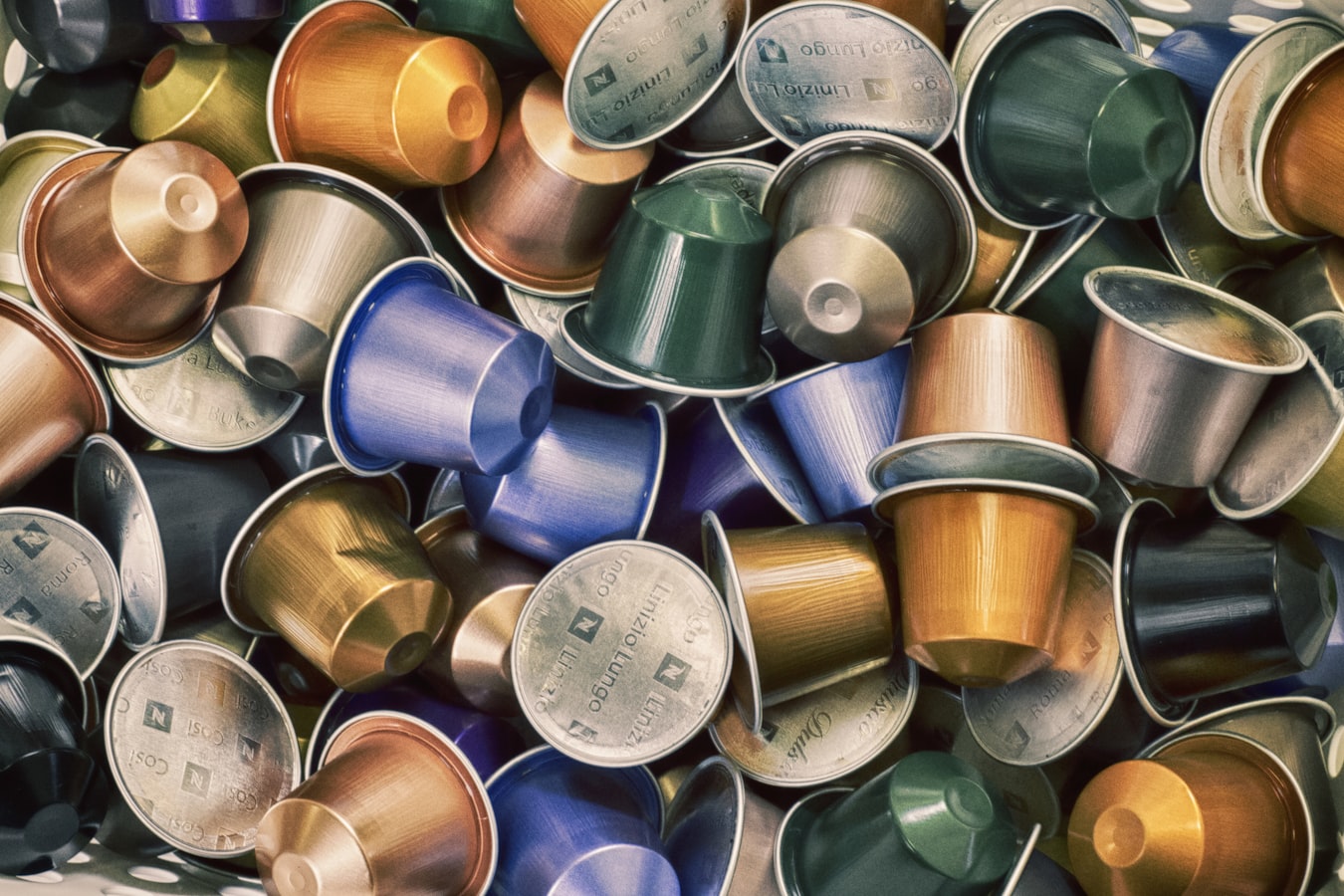
The key benefits of k-cup coffee coffee

Great taste. The sealed container stores the taste properties of capsular coffee, does not allow the raw materials to erode. Thanks to this, the taste comes out more intense and interesting than ordinary canned coffee.
Very rich aroma. The reason is the same - the tightness of the capsules. Even if you make capsule coffee after 2 years of storage, its aroma will be the same as the capsule that was packaged 1 week ago.
The exact dosage. Each capsule is a full-fledged portion of coffee, designed for the right amount of water. If it is espresso, then the package usually contains 7.5 g of raw materials - ideal for an espresso cup. If a person brews coffee manually, then he can make it too strong or, conversely, insufficiently saturated. With capsules, such a problem does not exist.
Brewing speed. The capsule coffee machine makes the drink no longer than 30-40 seconds. If you compare it with an ordinary carob coffee maker, it saves about 2-3 minutes of pure time. This is very beneficial in the morning when a person is in a hurry to work, and it’s just more convenient.
Ease of use. The capsule machine does not need to be washed, and many models even remove used capsules on their own. Their operation is much simpler than conventional carob coffee makers.
The k-cup coffee - is it harmful?
There are 3 basic materials for making coffee capsules:polymers (plastic and others);
metal (most often aluminum);
combination of polymers and metal.

Many skeptics are repelled by plastic. They claim that it is harmful and toxic material. These people are extremely illogical in their statements, because they buy milk and other goods packaged in exactly the same plastic containers. Food plastic is environmentally friendly, it does not affect human health and the environment. Modern food grade plastics are harmless.
Many also have a negative attitude to aluminum. It is cheap and affordable, so expectedly in doubt. Many experts say that aluminum particles end up in the human body, while others, on the contrary, are convinced of the impossibility of this. The fact is that inside the capsule is covered with a polymer layer, and the coffee raw material does not come in contact with aluminum. If a certain fraction of the metal is in the body, then it is too insignificant to pay attention to it. Aluminum enters the human body in different ways: through bread, dishes and water. Small capsules certainly will not bring much harm.
Popular misconceptions about c-kup coffee
Myth 1. Coffee in capsules is fast food in the coffee world.Proponents of this myth claim that the capsule may include not only coffee, but also some additional substances that the manufacturer is silent about. This conspiracy theory has nothing to do with reality. If you think logically - can a manufacturer lie to customers? This is prohibited by law. Manufacturers of other products honestly indicate the composition, so why should coffee manufacturers suddenly differ in something? The law is absolutely the same for everyone. The quality of coffee is also not satisfactory, because it is properly processed before packaging. And the tightness of the container allows you to keep the raw materials more saturated and aromatic.
Myth 2. Aluminum and plastic are very toxic.
Of course, this is not so. There are food grades of plastic and other polymers, and aluminum alone is harmful only in large quantities. Scientists conducted a number of studies and proved that no matter how coffee was prepared, it does not have a high content of aluminum ions and any derivatives of plastic. And this is absolutely understandable. The materials from which coffee capsules are made are also used in the packaging of other goods. In particular, baby food. Can they be toxic? Of course not. In addition, opponents of aluminum claim that this material is dangerous when heated. Declaring this, they continue to calmly bake meat and fish, wrapping food in foil. Very logical, you will not say anything
Source: MyFriendsCoffee



0 Comments:
Post a Comment
"Pleasant words are as a honeycomb: sweet to the soul and health to the bones." Proverbs 16:24